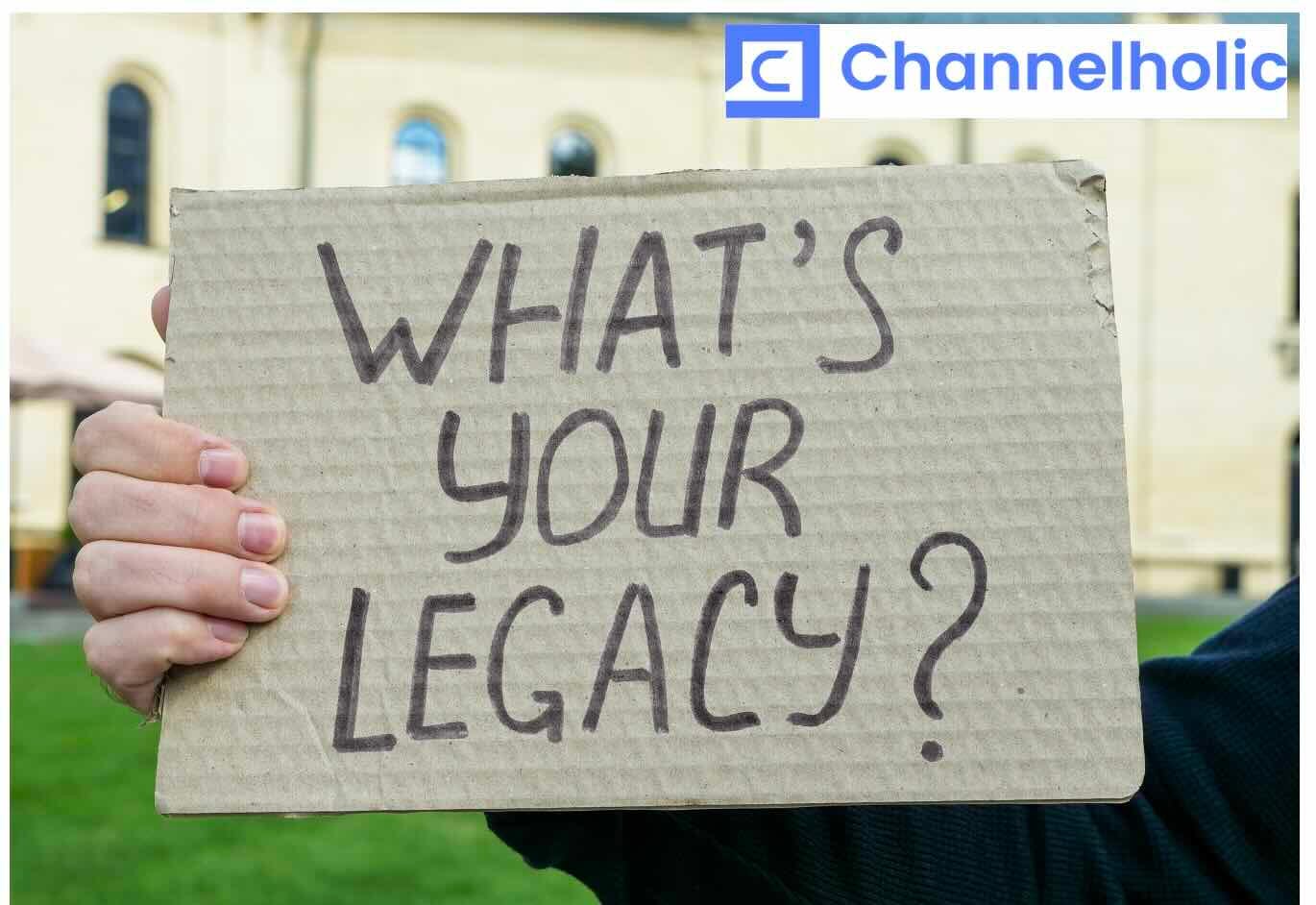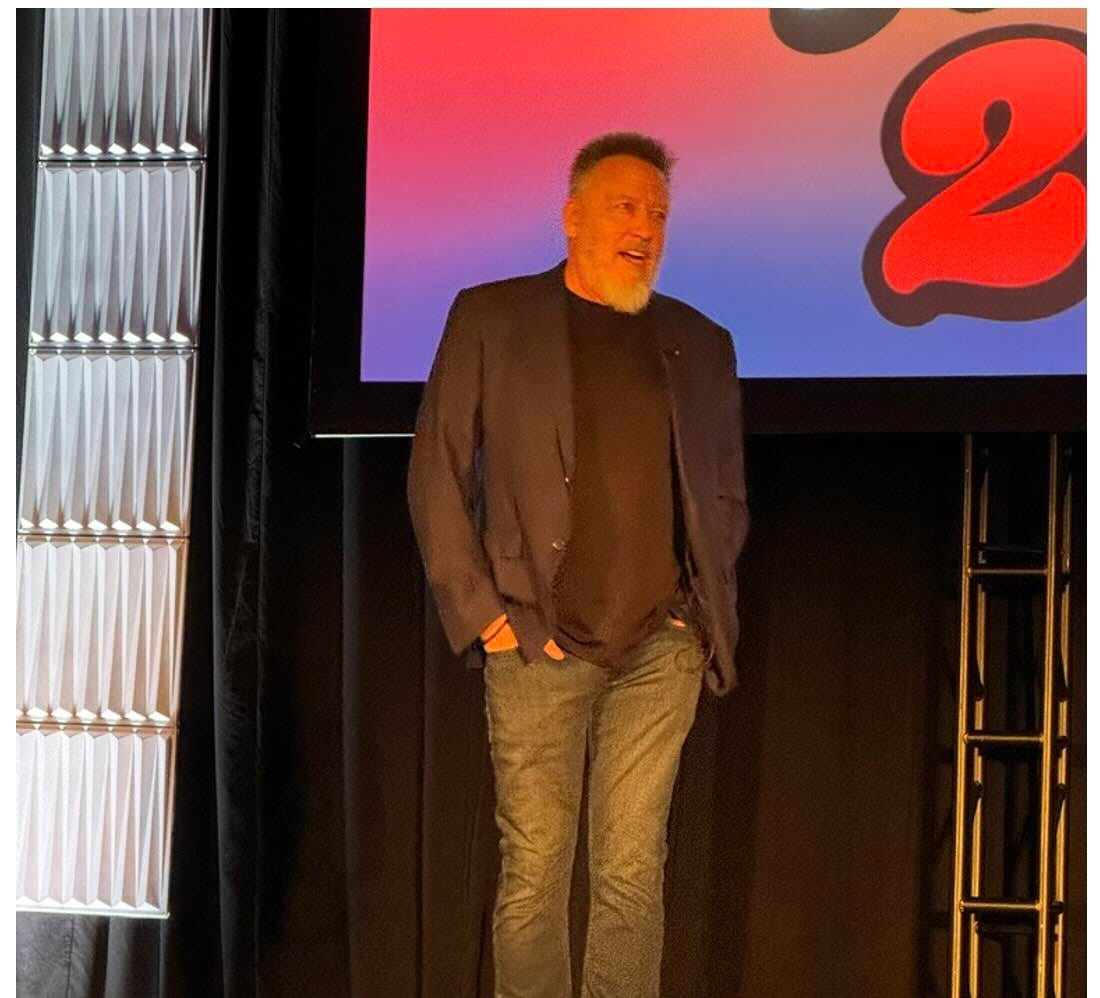Bummer Alert: You’re Going to Die
Eventually, anyway. What you do between now and then will define the legacy you leave behind, and now’s a good time for busy tech entrepreneurs to start thinking about it.
Consider this a public service announcement: you’re going to die.
No, really. You don’t want to hear about it, because no one wants to hear about it, but it’s true and I’m not the only one who’s sure of it.
“People don’t like to talk about the fact that they’re going to die, but the reality is I can almost guarantee you with 100% accuracy that it is going to happen to you,” says Arlin Sorensen, who’s less than a year away from retirement after a lifetime of service in the channel, most recently as vice president of ecosystem evangelism at ConnectWise.
How the people you care about remember you when the inevitable happens is your legacy, he continues, and whether it’s one you’re happy with or one you’re stuck with anyway depends entirely on decisions you make now. Some of them, like putting an estate plan in place, are procrastination bait.
“It’s complicated,” Sorensen says. “This is not the kind of thing that you’re going to sit down and figure out in a couple of hours.” Yet what becomes of you in your final days and what becomes of your family after that is likely to hinge on whether you named powers of attorney for your healthcare and finances, appointed legal guardians for your children, and above all drafted a will.
“The number of people that do not have any kind of a will is staggering to me,” Sorensen says.
Just the same, he warns, it would be a mistake to think your legacy’s secure once you close that gap. Like it or not, you’ll be building a legacy for the rest of your life.
“How we live every day is what’s going to determine that legacy that we’re going to leave, and that will outlive us,” Sorensen says.
Money is only part of that picture, and Tim Conkle clearly knows it. Conkle, who is CEO of The 20, an MSP rollup and associated accelerator you’ve read about here as recently as last week, normally spends his opening day keynote at the company’s annual Vision event reviewing the group’s latest wealth-building strategies. But at age 59, he has more than just wealth on his mind these days, which is why he devoted his first appearance at this year’s conference last month to the many other topics busy IT entrepreneurs are all too apt to overlook, including their health.
“With no health, wealth means nothing,” Conkle (pictured) says, adding that wealth amounts to little without a family to enjoy it with too.
“There is nothing worse than being successful by yourself,” Conkle observes.
Don’t worry. Conkle had plenty to say about building wealth. His second keynote did the math on how MSPs who sell to The 20 now, reinvest 40%, and are still at the table when the company sells to upstream investors can turn an initial $1 million payday into $5.32 million within eight years. The lesson he most wanted his audience to learn though, I think, had more to do with making time for life than making money, lest you find yourself on your deathbed with a lot of cash and even more regrets.
“You will spend every single penny, every penny you have, for one more minute,” Conkle predicts. “Wouldn’t it be a whole lot better to spend it while you’re healthy?”




